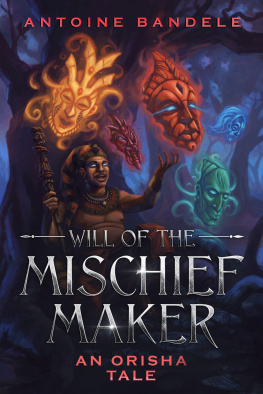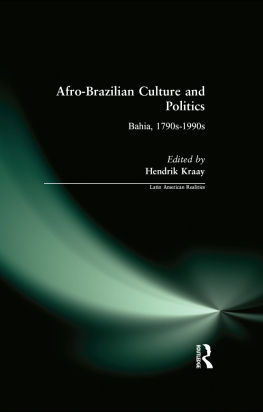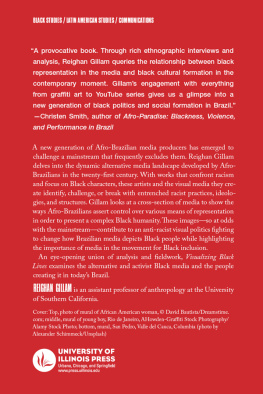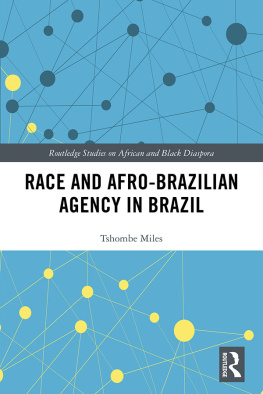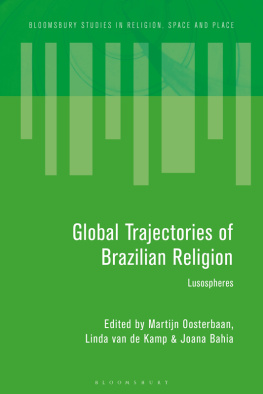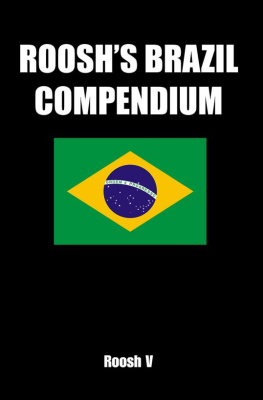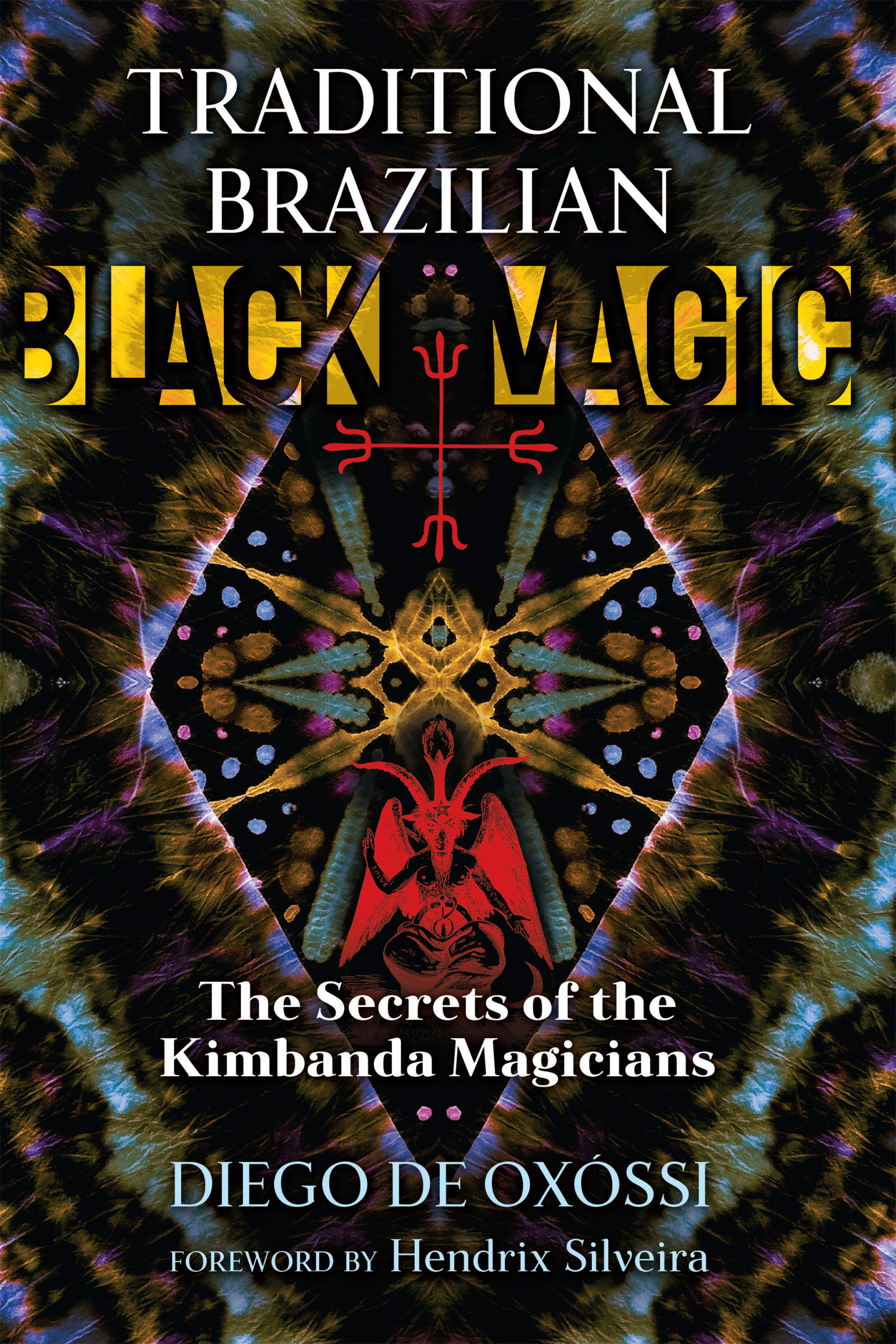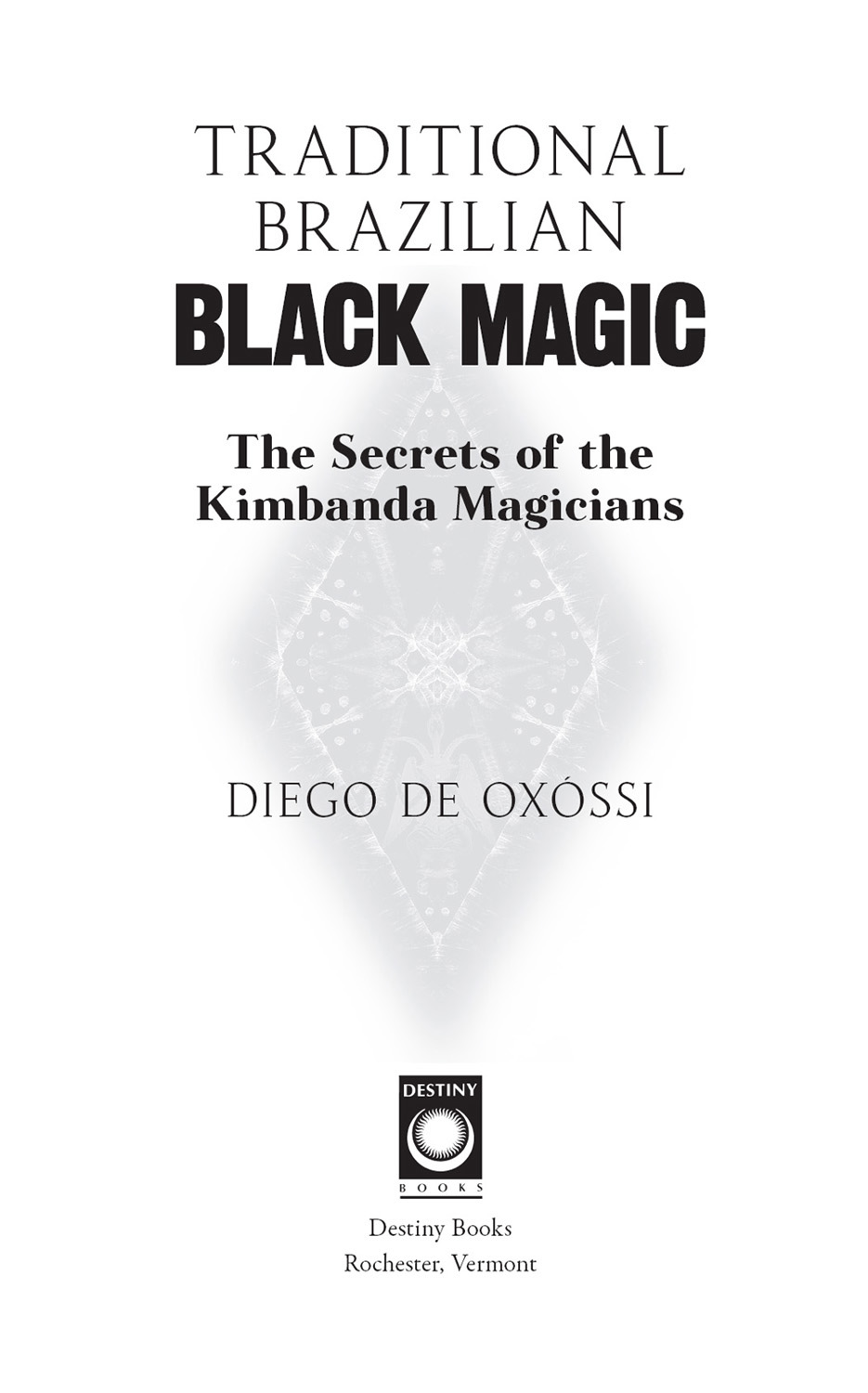Diego de Oxóssi - Traditional Brazilian Black Magic: The Secrets of the Kimbanda Magicians
Here you can read online Diego de Oxóssi - Traditional Brazilian Black Magic: The Secrets of the Kimbanda Magicians full text of the book (entire story) in english for free. Download pdf and epub, get meaning, cover and reviews about this ebook. year: 2021, publisher: Inner Traditions/Bear & Company, genre: Religion. Description of the work, (preface) as well as reviews are available. Best literature library LitArk.com created for fans of good reading and offers a wide selection of genres:
Romance novel
Science fiction
Adventure
Detective
Science
History
Home and family
Prose
Art
Politics
Computer
Non-fiction
Religion
Business
Children
Humor
Choose a favorite category and find really read worthwhile books. Enjoy immersion in the world of imagination, feel the emotions of the characters or learn something new for yourself, make an fascinating discovery.

- Book:Traditional Brazilian Black Magic: The Secrets of the Kimbanda Magicians
- Author:
- Publisher:Inner Traditions/Bear & Company
- Genre:
- Year:2021
- Rating:3 / 5
- Favourites:Add to favourites
- Your mark:
Traditional Brazilian Black Magic: The Secrets of the Kimbanda Magicians: summary, description and annotation
We offer to read an annotation, description, summary or preface (depends on what the author of the book "Traditional Brazilian Black Magic: The Secrets of the Kimbanda Magicians" wrote himself). If you haven't found the necessary information about the book — write in the comments, we will try to find it.
Discusses Kimbandas magical practices, initiation rites, sacred knives, and sacrificial offerings
Details the seven realms and the entities that inhabit and govern each of them
Although it has been demonized as a form of Satanic cult, Kimbandathe tradition of Afro-Brazilian black magicis a spiritual practice that embraces both the light and dark aspects of life through worship of the entities known as Eshu and Pombajira.
Exploring the history and practice of Kimbanda, also known as Quimbanda, Diego de Oxssi builds a timeline from the emergence of Afro-Brazilian religions in the 17th century when African slaves were first brought to Brazil, through the development of Orisha cults and the formation of Candombl, Batuque, Macumba, and Umbanda religious practices, to the modern codification of Kimbanda by Me Ieda do Ogum in the 1960s. He explains how Kimbandas presiding deity Eshu Mayoral embodies both masculine and feminine principles, both god and devil, and thus represents human nature itself with all its vices and virtues.
Discussing the magical practices, initiation rites, and spiritual landscape of Kimbanda, the author explains how there are seven realms, each with nine dominions, and he discusses the entities that inhabit and govern each of them. The author explores spirit possession and Kimbandas sacrificial practices, which are performed in order to honor and obtain the blessing of the entities of the seven realms. He discusses the sacred knives of the practice and the role each plays in it. He also explores the 16 zimba symbols and sigils used to attract the spirits most apt to realizing the magicians will as well as traditional enchantment songs to summon and work with those spirits.
Offering an accessible guide to Kimbanda, the author shows that this religion of the people is popular because it recognizes the dark and light sides of human morality and provides a way to interact with the deities to produce direct results.
Diego de Oxóssi: author's other books
Who wrote Traditional Brazilian Black Magic: The Secrets of the Kimbanda Magicians? Find out the surname, the name of the author of the book and a list of all author's works by series.

